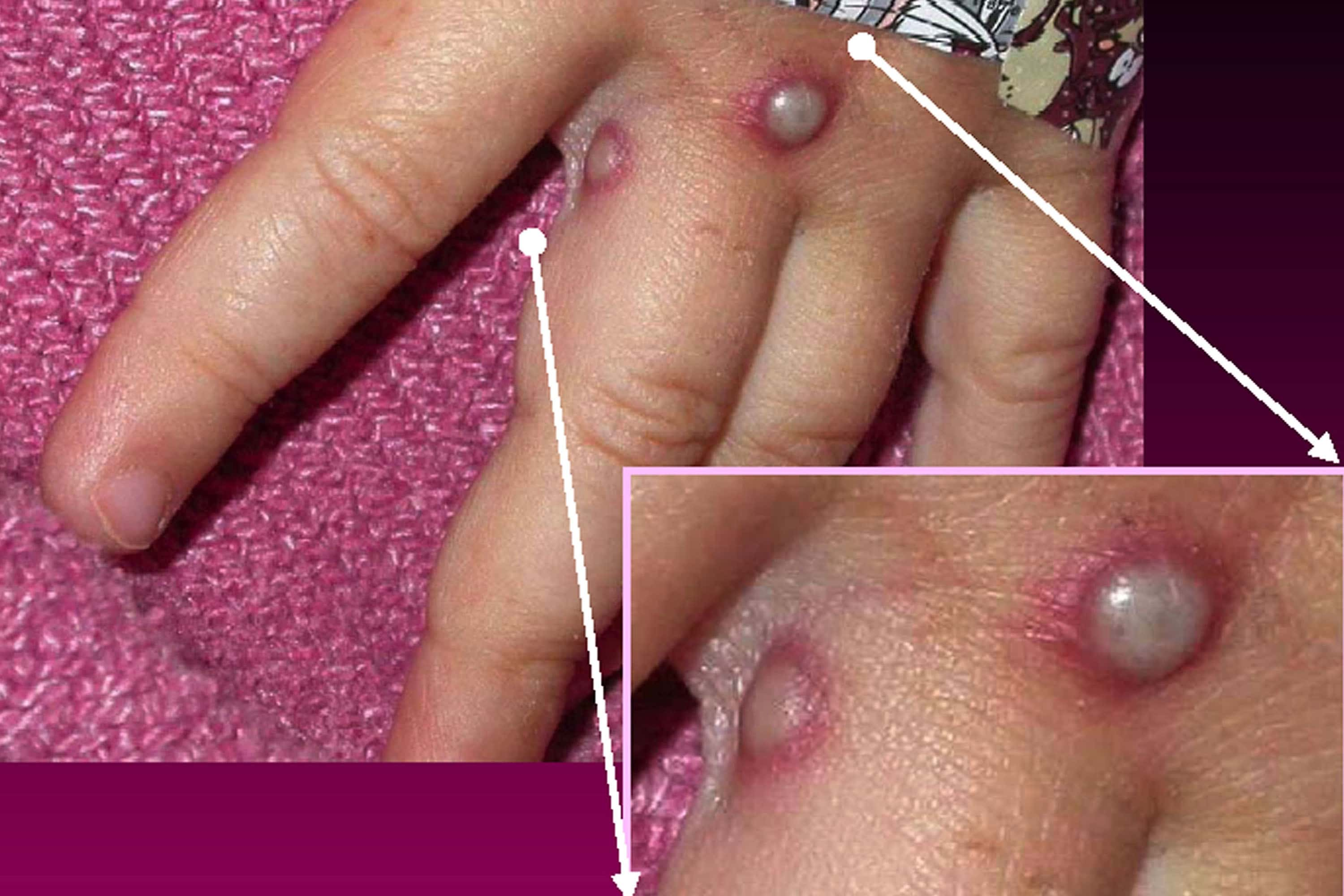'Monkeypox' is RACIST to Africa! WHO to rename disease after backlash

Monkeypox is set to be renamed after an international backlash called for a new "non-discriminatory and non-stigmatizing" term for the disease. A new name for the rash-causing virus which is endemic to Africa would be announced "as soon as possible," the World Health Organization (WHO) said in a statement.
Reports stated that aside from renaming the actual pathogen, its strains will also be "lettered" so as to remove any mention of the parts of Africa where they were first recorded. At least 30 researchers signed a position paper last week highlighting an "urgent need" to change the name in the wake of the current outbreak, which has mostly affected gay and bisexual men. The disease has already spread to 45 countries, including the UK, the US, Spain, and Portugal.
RELATED ARTICLES
What is Orthopoxvirus? NY masks up as CDC issues alert for virus genus responsible for monkeypox
Can monkeypox be treated? US reports first case of the rare disease in Massachusetts
"Continued reference to, and nomenclature of this virus being African is not only inaccurate but is also discriminatory and stigmatizing," researchers wrote in the aforementioned paper. This was followed by a confirmation from Dr Tedros Adhanom Ghebreyesus, head of the WHO, who said that the virus will be renamed. "[The] WHO is working with partners and experts from around the world on changing the name of monkeypox virus, its clades, and the disease it causes," he said. "We will make announcements about the new names as soon as possible."
The WHO will officially rename monkeypox over concerns of stigma and racism surrounding the virus that has spread to more than two dozen countries, @DrTedros says https://t.co/MKz4mXDwkx pic.twitter.com/hG0NuC2MTG
— Bloomberg Quicktake (@Quicktake) June 14, 2022
The current nomenclature for Monkeypox currently divides it into two types -- the West African variant and the Central African or Congo Basin variant. However, researchers want those terms to be replaced with alphanumeric values like MPXV1, MPXV2, and so forth. It's also worth noting that naming viruses geographically goes against WHO guidelines owing to concerns it may spark potential racism or abusive backlash against minorities. This was the same reason SARS-CoV-2 was not recognized as the Wuhan coronavirus despite having originated in the Chinese city of the same name.
That said, the coalition of infectious disease experts from across the globe also proposed creating a new "clade" for the current outbreak. They argued in a paper published last week that the pathogen in circulation had become a distinct "human virus" as compared to MPXV, which is rarely transmitted between people. They said the new type should be called mMPXV and lineages should be referred to as A, A.1, A.1.1, B.1, etc. The new system would be similar to that used for Covid variants like Omicron.
WARNING: GRAPHIC CONTENT

The scientists explained that ditching geographic terms would be encouraging countries to continue monitoring new diseases without having their names negatively attached to them. The responsibility for renaming monkeypox reportedly lies with the International Committee of Taxonomy of Viruses, a committee tasked with formally labeling pathogens.
While monkeypox was first discovered in macaques, the current term is reportedly "misleading" because many cases are believed to be transmitted to humans by rodents. It's also important to note that the majority of cases thus far have been identified in gay and bisexual men who have sex with other men in the community. However, anyone can catch the disease if they come in close contact with an infected host.










